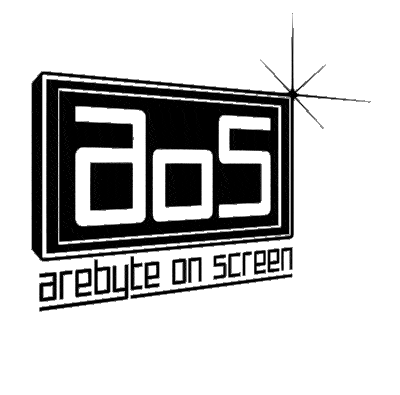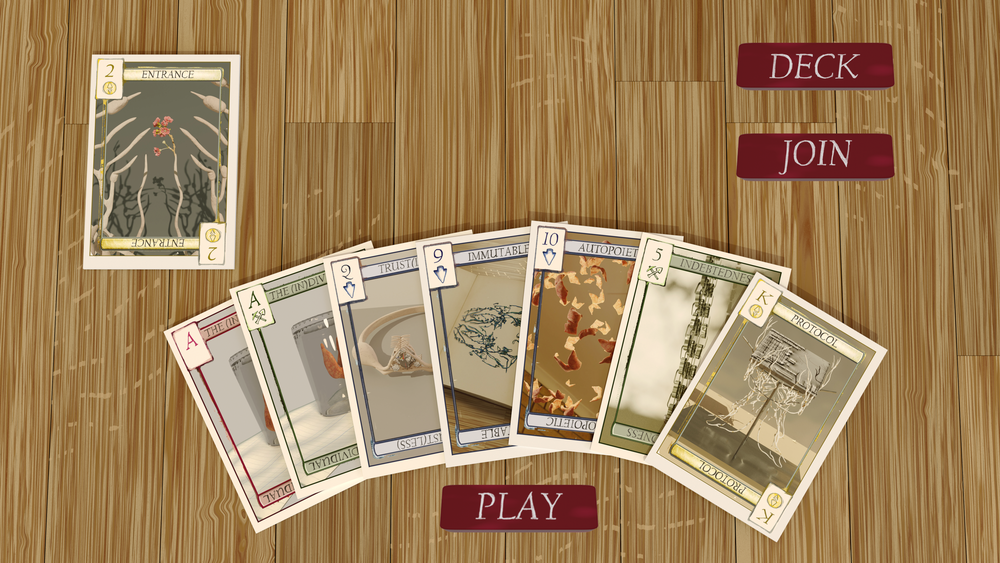Kate Frances Lingard in conversation with Jazmin Morris, Alice Yuan Zhang and Rebecca Edwards
recording from 17 June 2021, online panel discussion
The conversation explored the use of technology as a form of collective care that utilises purposeful online and offline connections as well as collaboration to nurture digital well-being. Jazmin’s interest in this area lies in ideas surrounding access to technology and the voices heard (and unheard) in the industry. Alice spoke about distributed technology and its sharing and multi-location approach, and how organisation in digital space is an act of care in itself, as well as the importance of intimate experiences, and sustainability of care practices within this.
Kate chose four playing cards from the deck featured in the exhibition to use as visual prompts for the discussion. These were Trust(less), Entrance, (In)Visibility and Gift.
—
Jazmin Morris is a Creative Computing Artist and Educator based in London. Her personal practise and research explore representation and inclusivity within technology. She uses free and open-source tools to create digital experiences that highlight issues surrounding gender, race and power; focusing on the complexities within simulating culture and identity.
Jazmin is a socially engaged artist, often collaborating with communities to provide workshops and tutorials, including our own Tech Yard – a club initiated to explore Creative Computing with young people based in Southwark.
As well as her roles at the CCI, Jazmin is the Lead Digital Tutor on the Graphic Communication Design course at Central Saint Martins. Jazmin has collaborated with various studios and institutions across Europe including; The Hague (KABK), Hyphen Labs, A Vibe Called Tech, Tate Modern, NEoN Digital Arts Festival, Institute of Coding, Stemettes and Hervisions.
https://www.instagram.com/princessjazmin_art
Alice Yuan Zhang 张元 is an artist, educator, and first-generation Chinese-American immigrant living on unceded Tongva, Chumash, Kizh land. Her practice explores socio-ecological entanglement through grassroots projects across mixed reality, browsers, networks, and other digital spaces, as well as somatic workshops and community exchanges. Zhang co-founded virtual care lab, an open experiment in remote togetherness and mutual governance. She is also a CultureHub resident artist, involved member of NAVEL Los Angeles, and adjunct professor of media design at Sarah Lawrence College.
https://aliceyuanzhang.com/ • https://www.instagram.com/aliceyuanzhang/



